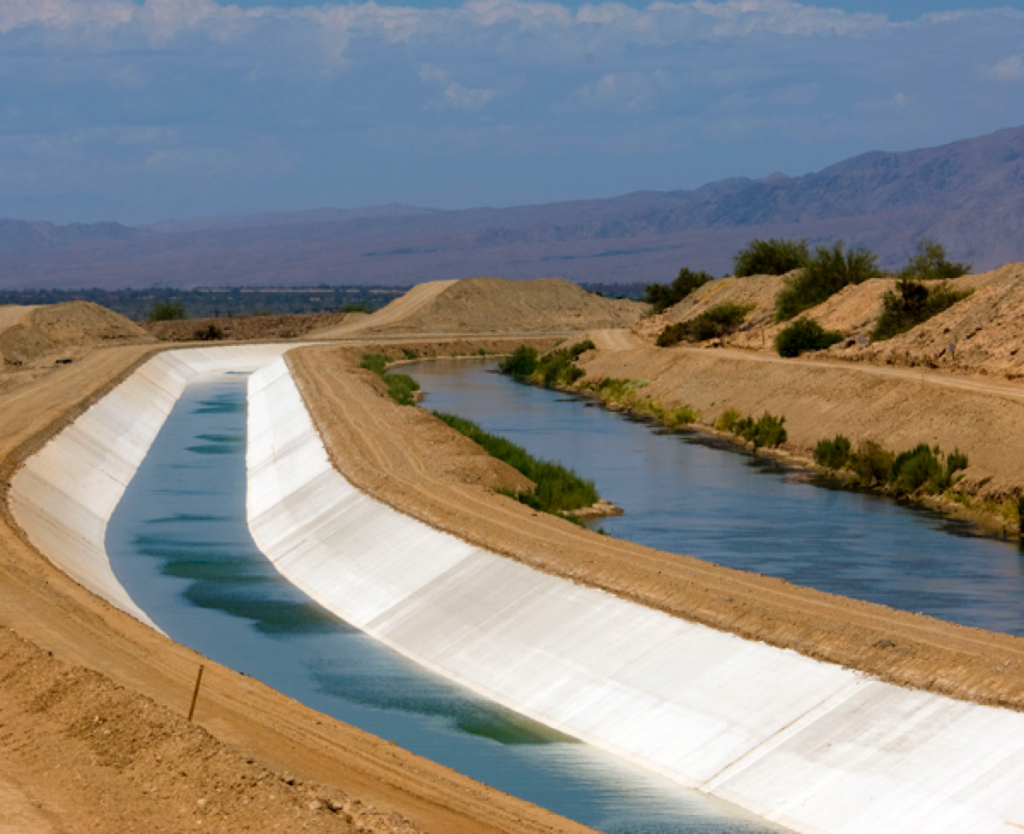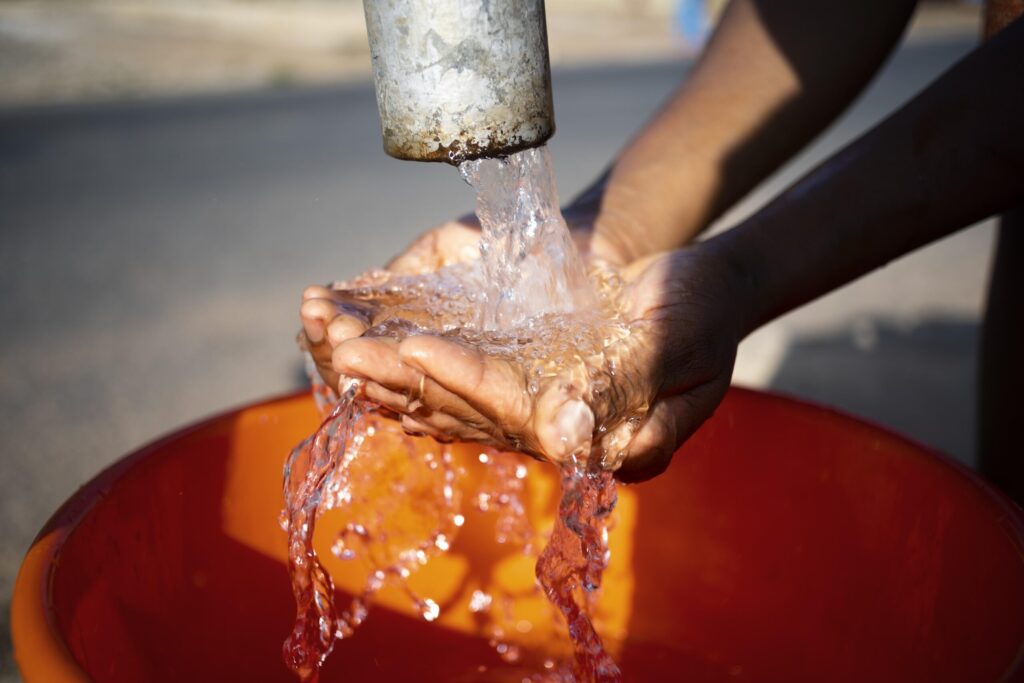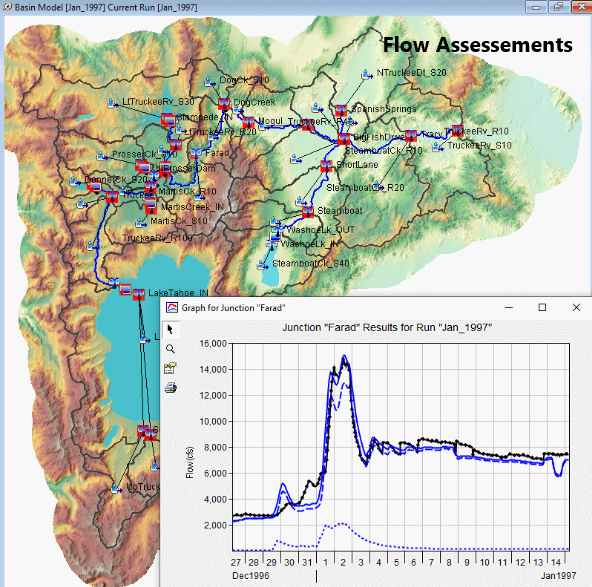Hydrological & Hydrogeological and Modelling Studies
Water Resource Management:
Hydrological Studies:
Our assessments, including flow monitoring, river discharge measurements, and rainfall analysis, offer crucial insights for optimized water allocation and reservoir management.
Hydrogeological Studies:
Groundwater assessments, well drilling, and hydrogeological models ensure efficient underground water resource management.
Environmental Impact Assessments:
Hydrological Studies:
River basin assessments gather data on water quality, flow dynamics, and ecological factors, supporting environmental impact evaluations.
Hydrogeological Studies:
Essential for aquifer characterization and assessing contaminant transport, predictive hydrogeological models aid in understanding contaminant spread and aquifer vulnerability.
Agriculture:
Hydrological Studies:
Surveys on soil moisture and hydrological modeling contribute to efficient irrigation planning and water-conservative agriculture practices.
Hydrogeological Studies:
Assessments of groundwater resources ensure sustainable water sources for crops and livestock.
Urban Planning:
Hydrological Studies:
Urban drainage surveys and hydrological models are integral in designing drainage infrastructure and managing flood-prone urban areas.
Hydrogeological Studies:
Subsurface investigations guide sewage system design and assess risks of groundwater contamination in urban zones.
Construction and Infrastructure:
Hydrogeological Studies:
Foundation studies evaluate soil and subsurface conditions, ensuring safe construction practices.
Hydrological Studies:
Site-specific investigations examine water conditions during construction, aiding in drainage planning and erosion prevention.
Energy and Hydropower:
Hydrological Studies:
Surveys assessing hydropower potential help determine water availability and flow rates, contributing to effective design and operation of hydropower plants.
Ecology and Conservation:
Hydrological Studies:
Ecosystem surveys gather data on water quality and flow dynamics in natural habitats, supporting biodiversity and conservation efforts.
Hydrogeological Studies:
Assessment of water flow changes in aquatic habitats informs conservation strategies.
Climate Change and Research:
Hydrological Studies:
Climate impact assessments predict the effects of climate change on water resources, essential for adaptation and mitigation strategies.
Hydrological Studies:
Hydrological studies play a pivotal role in water resource management and environmental assessment by focusing on understanding the movement, distribution, and quality of surface water, particularly in rivers, lakes, and streams. Here are the primary aspects of hydrological studies: Flow and Discharge Analysis: Hydrologists gather data on river flow and discharge, measuring the volume of water passing through specific points over time. This data is crucial for assessing water availability and formulating water resource management strategies. Rainfall Analysis: Analyzing rainfall patterns and data is integral for hydrologists to comprehend water input into the hydrological system. This information aids in predicting and managing flood risks effectively. River Basin Studies: Comprehensive assessments of entire river systems, encompassing factors such as water quality, flow dynamics, and ecological conditions. These studies are instrumental in conducting environmental impact assessments, especially for projects affecting river ecosystems. Hydrological Modeling: Hydrologists employ computer-based models to simulate water flow, forecast river behavior under different scenarios, and optimize reservoir management. These models are invaluable for devising efficient water allocation strategies and flood control measures.


Hydrogeological Studies
Hydrogeological studies delve beneath the surface, focusing on groundwater resources and geological formations. They are critical for evaluating groundwater availability, quality, and susceptibility to contamination. Essential components of these studies include: Groundwater Exploration: Hydrogeologists conduct investigations to locate and assess subterranean water sources. These studies involve drilling wells, monitoring water levels, and evaluating aquifer characteristics. Contaminant Transport Analysis: These studies analyze the movement of contaminants through groundwater systems, identifying potential risks to water quality. This analysis is crucial for environmental impact assessments and land development planning. Aquifer Characterization: Hydrogeologists aim to comprehend the geological properties of aquifers, including permeability and porosity. This knowledge informs sustainable water extraction practices and well construction. Hydrogeological Modeling: Computer-based models simulate groundwater flow, aiding in predicting water movement within aquifers. These models assist in optimizing well placement and ensuring sustainable groundwater management.
Modelling Studies
Modeling studies utilize mathematical and computer-based models to simulate hydrological and hydrogeological systems. These tools are instrumental in predicting future behaviors and assessing the influence of different factors on water resources. Key components of modeling studies encompass: Hydrological Modeling: These models replicate river flow, water availability, and reservoir management. They are pivotal for optimizing water resource allocation and formulating flood control strategies. Hydraulic Modeling: Focused on water flow through pipes, channels, and structures, hydraulic models aid in designing efficient drainage, sewage systems, and flood protection infrastructure. Groundwater Modeling: These models forecast water movement within aquifers, facilitating assessments of groundwater availability and vulnerability to contamination. Environmental Impact Assessment Modeling: Predicting the effects of development projects on aquatic ecosystems and groundwater resources, these models assist in conducting environmental impact assessments and supporting conservation efforts.


